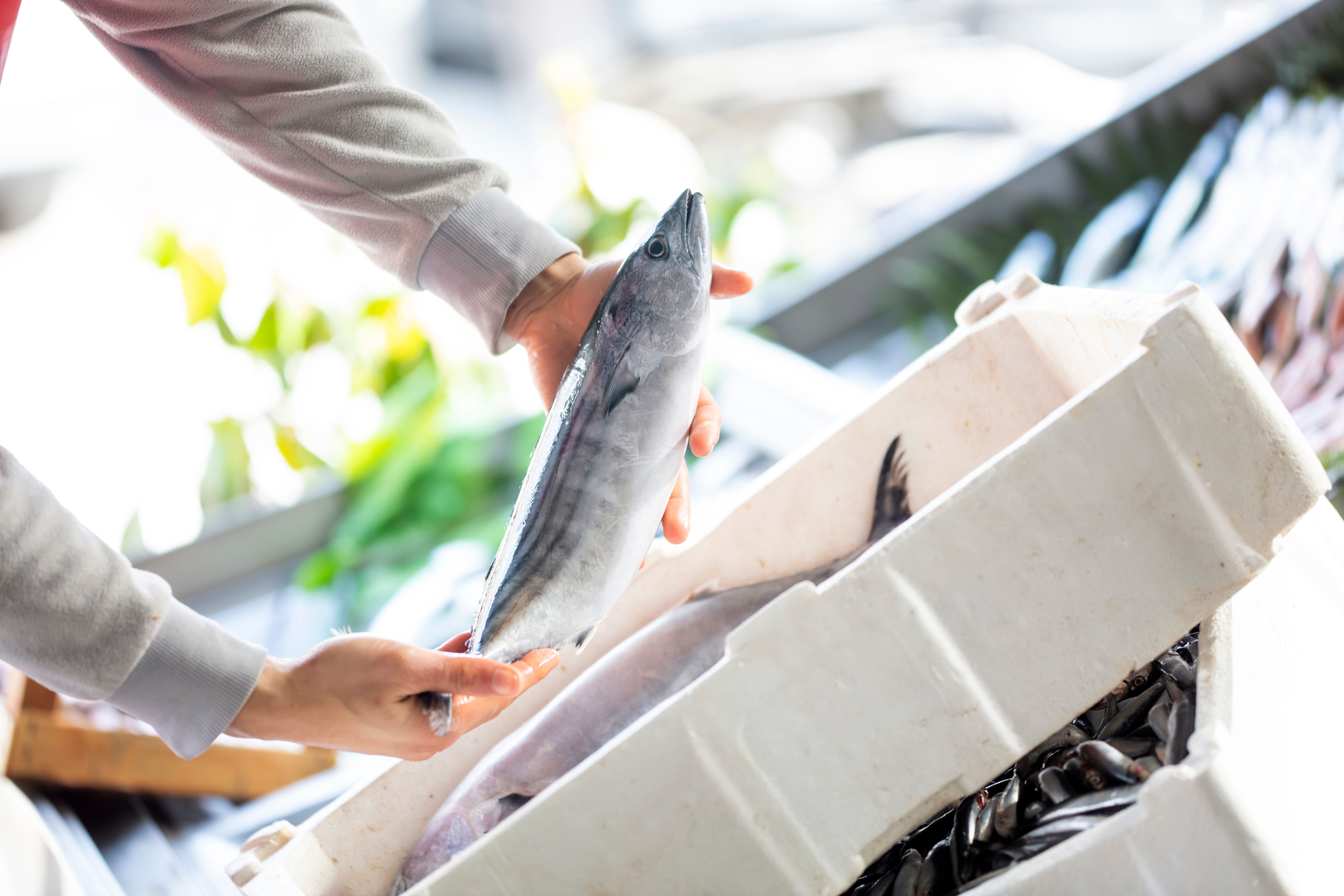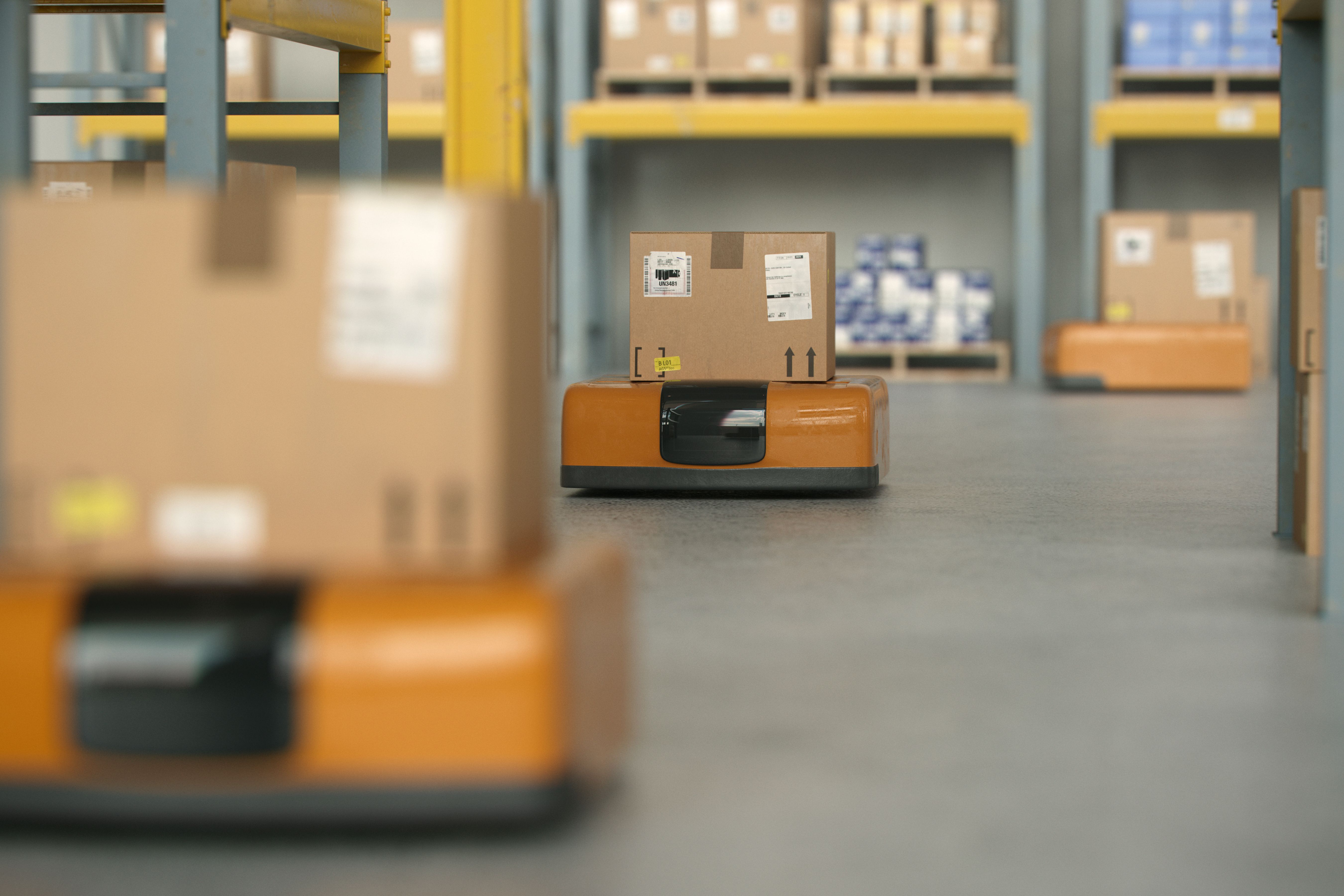Balancing Costs and Sustainability in Food Industry Logistics
Understanding the Cost-Sustainability Dilemma
In the food industry, logistics play a crucial role in ensuring that products reach consumers efficiently. However, the challenge of balancing costs with sustainability has become increasingly significant as businesses aim to reduce their environmental footprint while maintaining profitability. Achieving this balance requires a strategic approach that integrates cost-effective practices with sustainable solutions.
The pressure to cut costs often leads companies to opt for cheaper, less sustainable logistics solutions. However, this short-term saving can result in long-term expenses, both financially and environmentally. For example, using non-recyclable packaging might reduce immediate costs but can increase waste management expenses over time.

Adopting Sustainable Practices
To effectively balance costs and sustainability, food industry logistics can adopt several sustainable practices. These include optimizing transportation routes to reduce fuel consumption and emissions, investing in energy-efficient vehicles, and utilizing technology for better supply chain management. By implementing these strategies, companies can lower operational costs while contributing positively to the environment.
Another approach is to enhance warehouse efficiency by adopting renewable energy sources such as solar panels and incorporating energy-saving technologies. This not only reduces the carbon footprint but also decreases utility bills, offering a dual benefit of cost reduction and environmental preservation.

Collaboration and Innovation
Collaboration across the supply chain is another essential factor in achieving a balance between cost and sustainability. Working with suppliers who prioritize sustainable practices ensures that every stage of the logistics process aligns with environmental goals. Additionally, sharing resources such as transportation and storage facilities with other businesses can lead to significant cost savings.
Innovation plays a pivotal role in transforming food logistics. Investing in research and development to create sustainable packaging materials or exploring alternative fuels for transportation can lead to breakthroughs that benefit both the company and the planet. Encouraging innovation within the organization can foster a culture of sustainability that drives continuous improvement.

Consumer Influence
Consumers today are increasingly aware of the environmental impact of their purchases, influencing their buying decisions. By promoting sustainability in logistics, companies can enhance their brand image and attract environmentally conscious consumers. Transparent communication about sustainability efforts can build trust and customer loyalty.
Moreover, educating consumers about the benefits of sustainable logistics practices encourages them to support businesses that prioritize environmental responsibility. This consumer influence can ultimately drive industry-wide change towards more sustainable practices.
Measuring Success
To ensure that efforts to balance costs and sustainability are effective, companies must establish metrics for measuring success. Key performance indicators (KPIs) such as carbon footprint reduction, cost savings from energy efficiency, and waste reduction can provide valuable insights into the impact of sustainability initiatives.
Regularly reviewing these metrics allows businesses to identify areas for improvement and adjust strategies accordingly. By continually assessing progress, companies can maintain a dynamic approach to balancing costs with sustainability in logistics.
